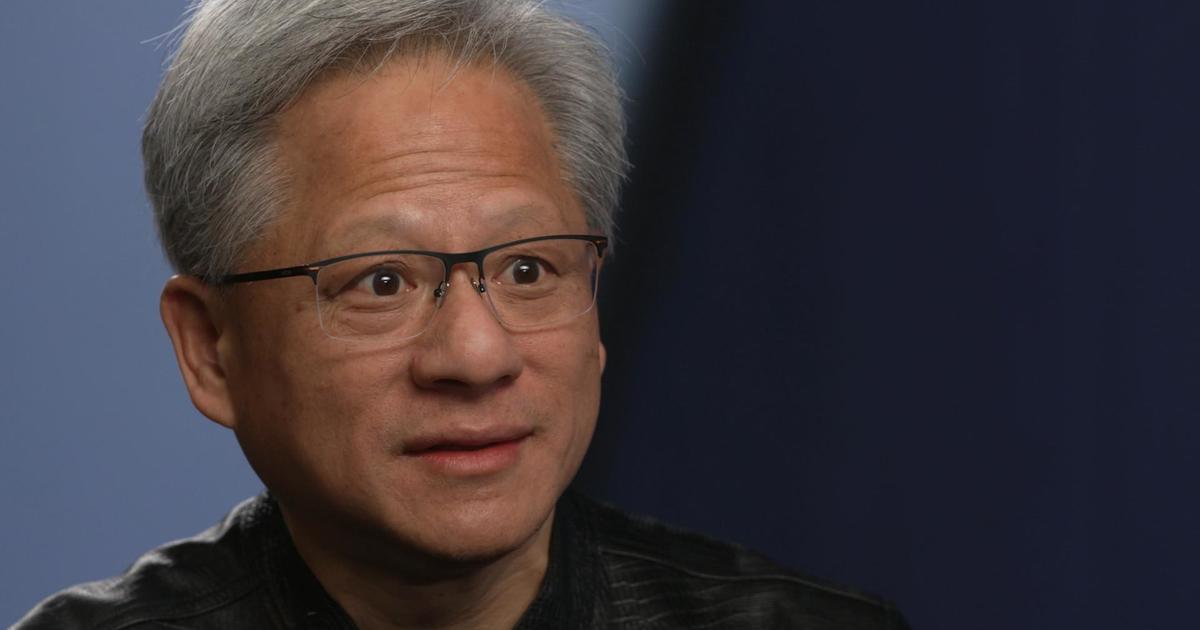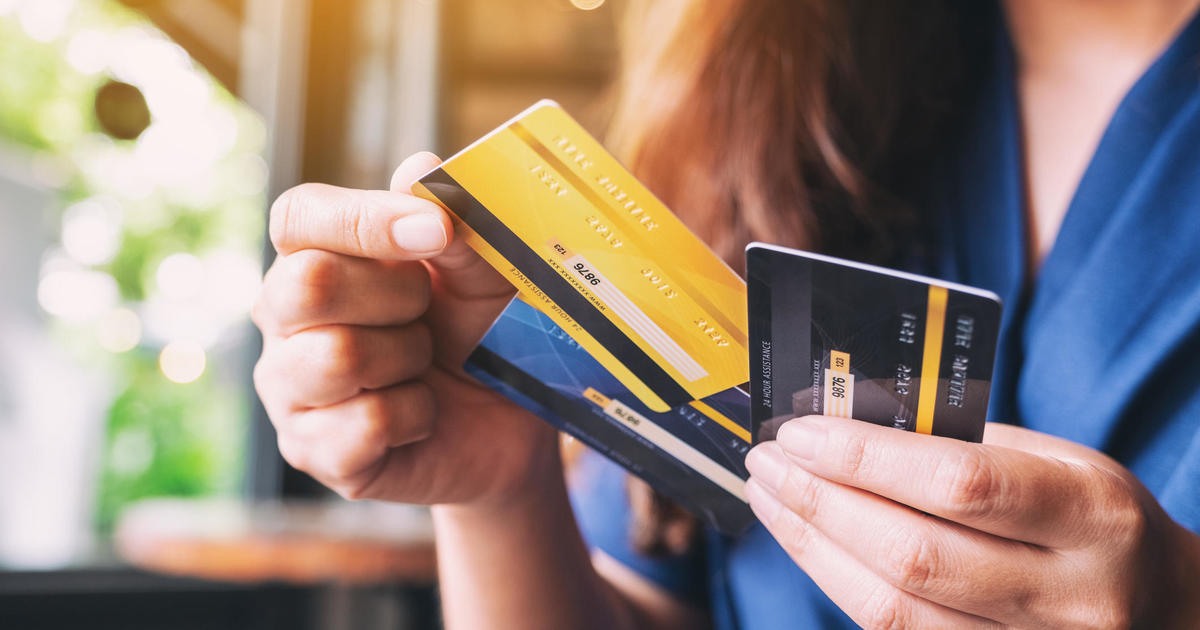Why Warren Buffett is buying so much of Apple
Why has the world’s third richest person invested in the world’s most highly valued company? Yes, Warren Buffett, famous for his tech aversion, recently boosted his stake in the reigning titan of technology, Apple (AAPL).
His Berkshire Hathaway (BRK.B) holding company began buying Apple shares a year ago. As of Dec. 31, Berkshire had amassed just over 1 percent of Apple’s market value, making Buffett’s company Apple’s eighth-largest shareholder, with a stake worth $7.8 billion. That makes it the sixth-biggest holding of giant Berkshire.
The 86-year-old Buffett’s sudden interest in tech is all the more remarkable in light of his longtime distaste for it. Back in 1999, during the dot-com boom, Buffett lambasted internet companies because so many hadn’t established competitive edges. He once said “technology is not something we understand, so we don’t invest in it.”
He has made exceptions along the way, putting a relatively small amount into his friend Bill Gates’ Microsoft (MSFT), for instance, a seeming act of cameraderie. Then in 2011, he bought some $11 billion in IBM (IBM) shares. Berkshire now owns 8.64 percent of the company, worth $14 billion at current prices.
He explained his change of heart at the time by saying he had read IBM’s financial report and realized that it had a solid hold on corporate info-tech departments. “I didn’t buy railroad companies for a long time either,” he told CNBC, shortly after he purchased the Burlington Northern Santa Fe railroad.
A call to Berkshire asking for Buffett’s Apple rationale went unanswered. Perhaps the transactions are the handiwork of Todd Combs and Ted Weschler, the two investing lieutenants to whom Buffett has entrusted a chunk of Berkshire’s portfolio. Certainly, though, Buffett’s attention to investing detail suggests he was fully behind the purchase.
Looking at the iPhone maker through the lens of the Buffett investing principles shows why the storied Oracle of Omaha (Berkshire is based in that Nebraska city) might have made this move:
The stock is cheap. Buffett’s hallmark is value investing -- finding bargains that the market has not rewarded well, which later will soar as investors wake up. Since Apple’s stock price has climbed 40 percent over the past year, that wouldn’t seem to apply at first blush. But along the way, its earnings also rose smartly. Comparing the January-March 2016 quarter to the October-December one, company profits jumped some 70 percent, as iPhone7 sales shone.
Apple’s price/earnings ratio is 16 (a measure of affordability), which is well below the S&P 500’s average of 21. “Apple has a reasonable valuation,” noted John Buckingham, chief investment officer of Al Frank Investment Management. “And it’s also a marquee investment.”
Apple’s stock went into a mini-slump during 2016’s first half, as the market wondered whether it had lost its product mojo perfected under the leadership of its founder, the late Steve Jobs. The iPhone results and its burgeoning services business -- the app store, plus the payment and music divisions -- have dispelled that worry for now.
It has a moat. Apple has a competitive advantage that sets it apart from rivals. Apple is a killer brand, and many consumers are anxiously awaiting the latest iteration of the iPhone. Due out later this year, it’ll be the device’s 10th anniversary. This customer passion allows Apple to charge more for the product, a premium that connotes wealth and status. Apple sells about 200 million iPhones annually, and analysts are predicting that number will grow 8 percent in the current fiscal year.
Meanwhile, an entire Apple ecosystem has been created, where there’s a range of features tailored for the iPhone that others fail to duplicate well. As the iPhone’s sales grow, more and more developers create apps for it, making it increasingly important to users. That makes switching to an Android product, for instance, more difficult. The upcoming iPhone reportedly will be equipped with 3-D technology.
“No one can touch them,” said Andy Kapyrin, director of research at asset manager RegentAtlantic.
Goldman Sachs on Monday raised its target price for the stock to $150 over the next 12 months. Apple closed on Wednesday at $137, so the remaining $13 doesn’t seem like much of a stretch.
Apple has a fortress balance sheet, with a lot of cash. Much of that cash is parked overseas -- some $200 billion -- because returning it to the U.S. would mean paying high American corporate tax rates. So if President Donald Trump gets his way and Congress lowers the rate for repatriated cash, a torrent of Apple’s overseas dollars would come sluicing into the company’s domestic coffers.
What would management do with all that money? Give it back to shareholders -- and a prime beneficiary would be Buffett. Earning just $100,000 per year from Berkshire, Buffett supplements his income with dividend payments. Right now, Apple’s dividend yield is 1.7 percent, a so-so return and less than the S&P 500’s average of 2 percent.
Apple might boost its payout, or take a page from Microsoft and deliver a one-time extra dividend to shareholders. The software giant did this in 2004, after a similar tax reduction for offshore cash (which proved temporary). Another alternative is to buy back even more shares from Apple investors. The company has had a robust buyback program -- over the past five years, it has repurchased almost $144 billion of its stock.
Of course, calls are being heard for Apple to buy another company that would enhance its product offerings. (Apple has made only a few minor acquisitions.) For example, just to take a few mentioned lately, it could acquire Twitter (TWTR), whose market value is $11.5 billion, or Netflix (NFLX), $52 billion, or Sirius XM Holdings (SIRI), $24 billion.
Indeed, Apple has been pushing into content, with a new TV show called “Planet of the Apps,” available via Apple Music, so Netflix or satellite radio service Sirius could help that effort. But at a recent industry conference, Eddy Cue, Apple’s content chief, said the company had no plans to buy something else, let alone a big media company.
“It’s a terrible idea for them to deploy money for that,” RegentAtlantic’s Kapyrin said. “There’s dozens of examples of tech companies buying something that looked sexy and then flopped.” Apple is better off proceeding solo, he said.
Whatever Buffett thinks about this particular issue, he appears to be quite happy with what Apple is doing so far.



